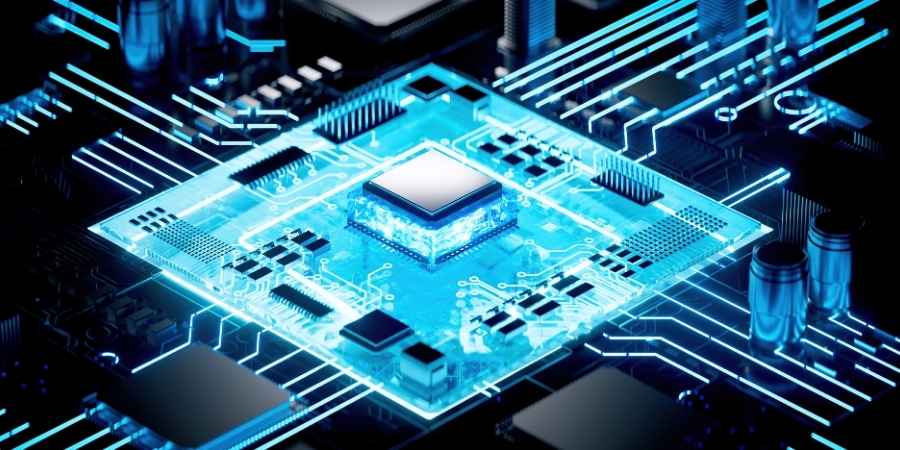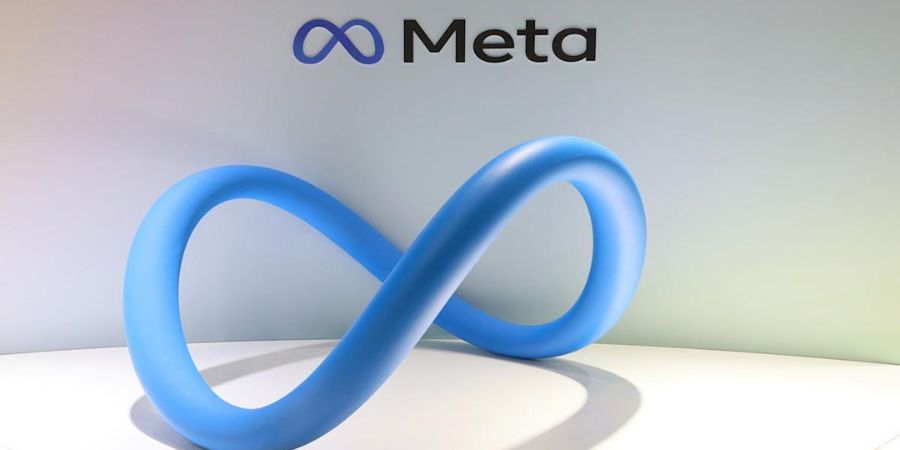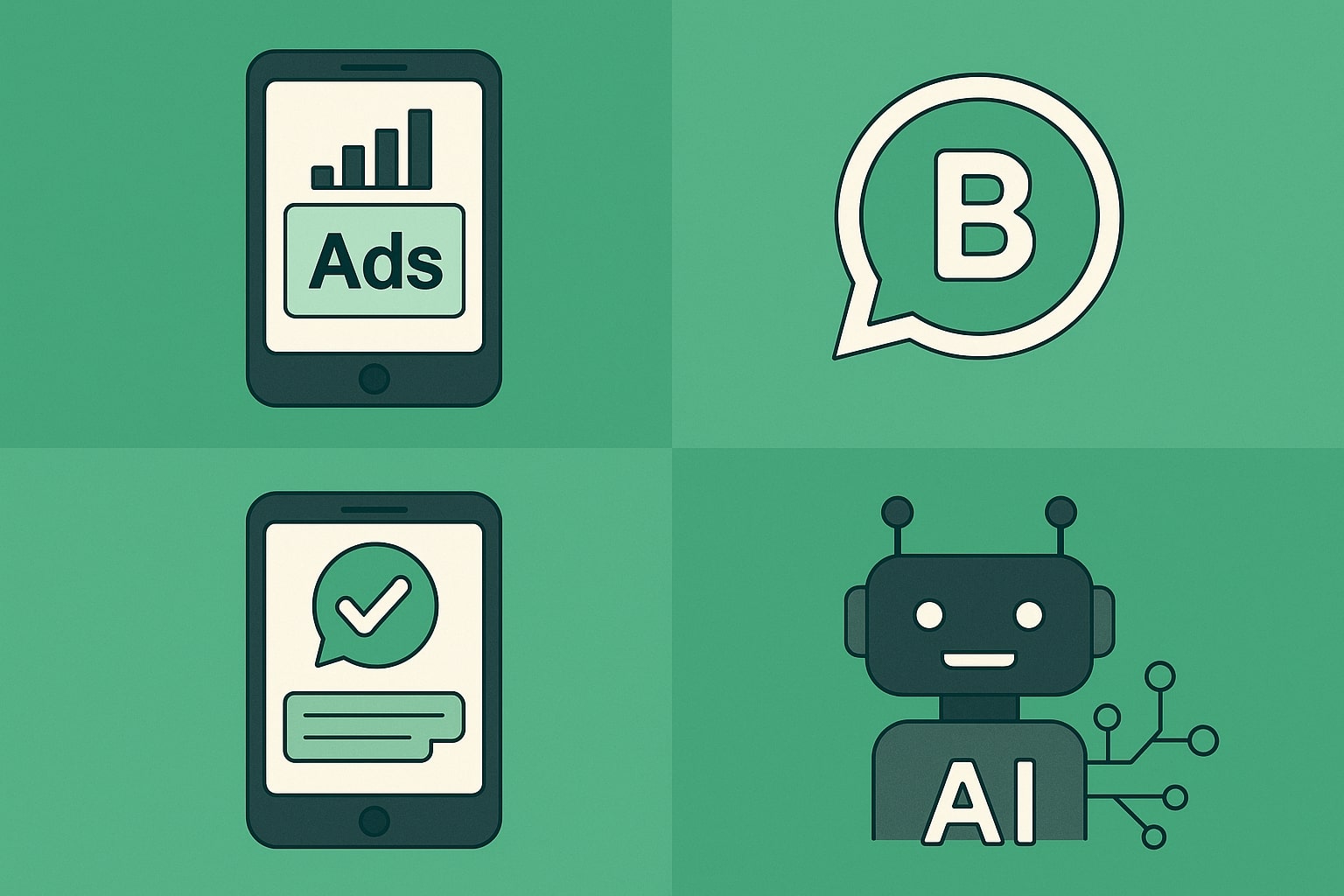Technology is evolving faster than ever, and there’s a good chance you’ve heard the term “AI chips” being thrown around in news articles, videos, or while shopping for a new device. But what exactly are AI chips? And how are they different from the regular processors we’ve all known for years?
Let’s take it apart in simple language so that you know what’s actually happening behind the curtains in your devices, be it your phone, laptop, smart speaker, or even your automobile.
What Are Traditional Processors
Let’s begin at the beginning. Older processors, such as CPUs (Central Processing Units), have powered computers for years. A CPU can be likened to the brain of a machine. It’s built to perform many various tasks, one at a time. These range from opening apps, surfing the internet, running programs, and more.
Then there’s something called a GPU (Graphics Processing Unit). While CPUs are sort of like all-rounders, GPUs are specialized at doing visuals, such as videos and games. They can perform many little tasks simultaneously, which is why they’re brilliant at anything that has graphics.
In combination, CPUs and GPUs are what drive most computers and smartphones nowadays.
What Are AI Chips?
And then there is the newcomer to the party, AI chips. These chips are specifically designed to deal with artificial intelligence (AI) task-related work. That means all the things you do like identify your voice when you speak to a virtual assistant, recognize faces in your selfies, or foretell what you will want to watch next on your go-to streaming app.
Unlike normal processors, AI chips are designed with only one intention in mind: to handle large amounts of data super quickly and make intelligent choices on the fly. They’re made for multitasking, but with a purpose that’s directed toward learning and evolving.
How Are AI Chips Different from Traditional Processors?
That’s where it gets interesting. Old-fashioned CPUs are like Swiss Army knives, they can do lots, but they’re mediocre at anything in particular. AI chips, however, are more like power tools, they’re designed to do one thing, and do it extremely well.
For example, when your phone suggests the next word while you’re typing, or when your smart camera adjusts lighting automatically, an AI chip is likely behind it. It can analyze patterns, make predictions, and improve over time, all while using less power and doing it faster than a traditional processor.
Another huge difference is how they approach tasks. CPUs typically work step by step, one at a time. AI chips are able to execute thousands of computations simultaneously, which is a huge advantage when dealing with data-intensive AI jobs.
Why Should You Care?
You may be thinking, “Why is this important to me?” AI chips are appearing more and more in products used everyday. If you’re in the market for a new phone, laptop, or even a smart device for your home, there’s a good chance you’ll see something that utilizes AI technology.
Artificial intelligence chips built into devices will be able to respond quicker, hear voices better, conserve battery life, and provide capabilities that you never thought you would use. And the more that artificial intelligence expands, the larger their role in terms of interacting with technology will be.
So whether your car assists you in dodging traffic, your phone produces better images in dim light, or your television suggests shows that really suit your tastes, AI chips are hard at work behind the scenes to make your life more convenient.
Are AI Chips the Future?
It’s safe to assume that AI chips are not going away anytime soon. Large technology firms are pumping big money into them because they provide speed, efficiency, and intelligent capabilities that ordinary chips lack. From autonomous vehicles to disease research, the chips are unleashing possibilities we couldn’t even dream of a few years back.
That’s not to say CPUs and GPUs are disappearing anytime soon. They’re still vital and excellent at what they do. But in devices where speed, learning, and real-time decision-making come into play, AI chips are fast becoming the solution of choice.
Knowing the difference between AI chips and standard processors isn’t just geek speak, it’s something that can actually assist you in making better choices when purchasing your next device.
Conventional processors are flexible and stable, but AI chips introduce something novel to the equation, speed, intelligence, and capability to match how rapidly the world evolves. They’re not designed to cannibalize CPU and GPU but to complement them, allowing our devices to become more supportive, sensitive, and responsive.
So the next time you read about AI chips, you’ll understand that they’re not merely high-sounding jargon, they’re the magic formula for getting today’s technology smarter than a whip.
Read Also: What You Can Learn from Warren Buffett’s Most Famous Quotes













